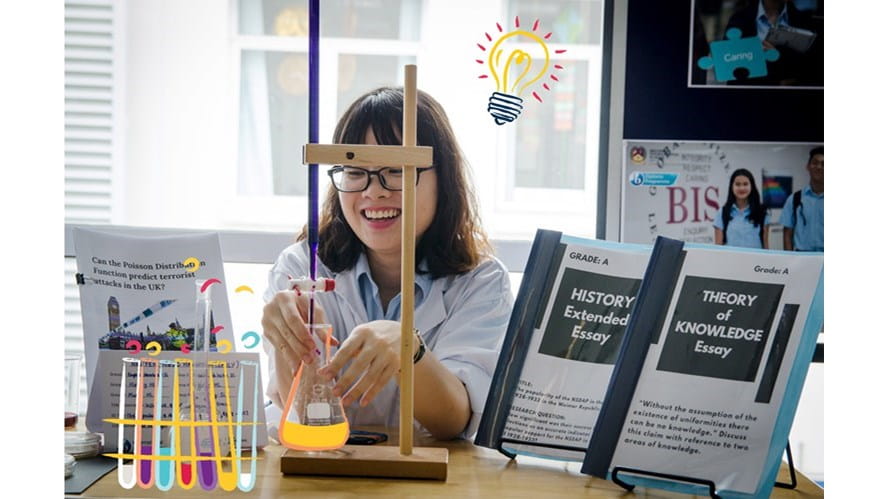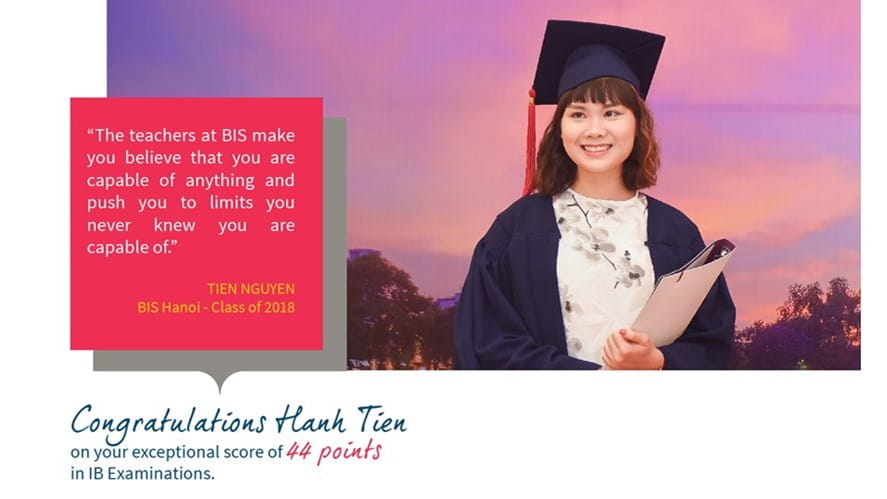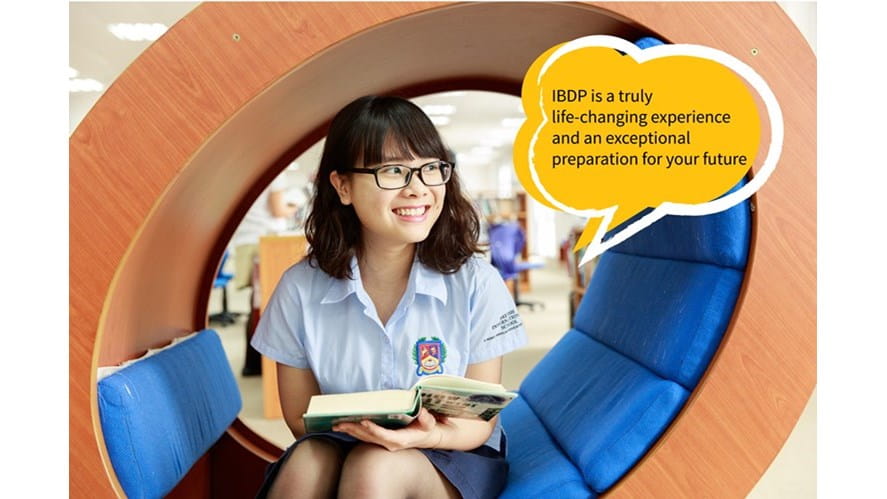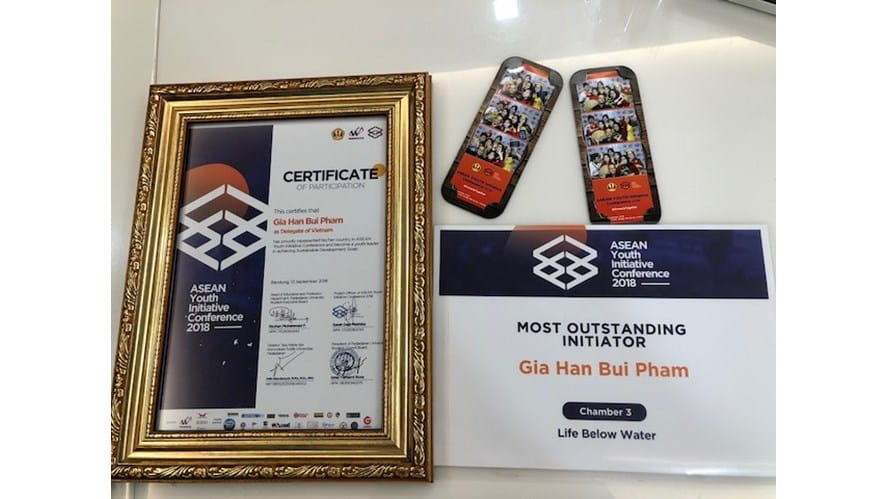Emily's Guide to IB - Learning not to freak out
The tips that I’ve listed down below might be helpful for those who have the similar choice of subjects as I did for my IBDP.
The tips that I’ve listed down below might be helpful for those who have the similar choice of subjects as I did for my IBDP.
PART III: SPECIFIC TIPS ON EACH SUBJECTS – LEARNING TO NOT FREAK OUT!
The tips that I’ve listed down below might be helpful for those who have the similar choice of subjects as I did for my IBDP. With time and effort, I believe you will find your own hacks through your IB journey to boost your score and develop the whole range of skillset.
- English Literature A SL: Read the text thoroughly. Note down important quotes (minimum 3) for each Theme. Then find journals on the text and note down the critics’ arguments, organising them into ‘readings’ (is it Marxist, Feminist or Freudian?).
- Spanish Ab Initio SL: Flashcards for each topic (e.g El Bienestar, Las Vacaciónes, Comida y Bebida, etc.). Write down not only key vocabulary but also sample sentences (try to opt for those with weird syntax or grammar) and idioms. When it comes to cultural references, talk about going to the beach in Valencia, then partying in Ibiza. Shakira and Marc Anthony are your go-to for artists – I actually wrote down a section of Marc Anthony’s ‘Vivir Mi Vida’ lyrics on my final exam.
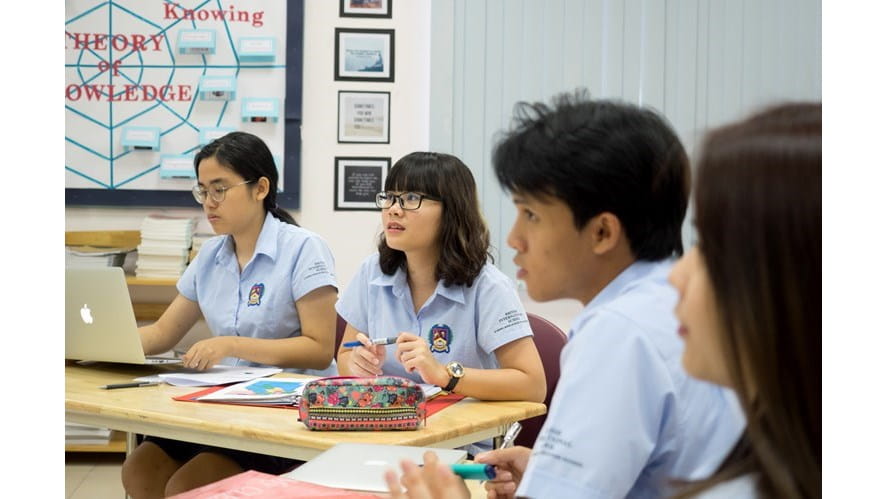
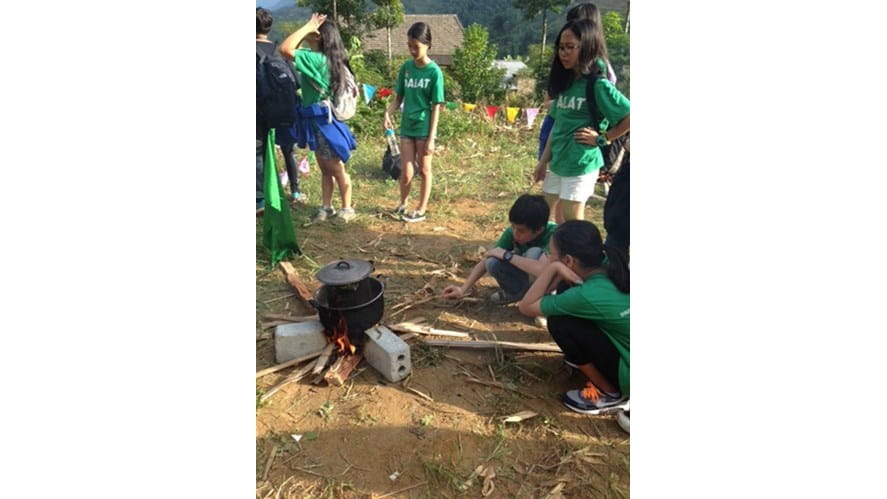
- Chemistry SL: Do all the worksheets that are assigned to you and get comfortable with word problems (remember that the Maths involved, if any, is simple). Read the textbook in advance and only use the teacher’s lecture in class to consolidate what you have read. For organic chemistry, practice drawing the structures (and their isomers), and make a giant chart showing all the synthetic pathways.
- History HL: There are no hacks for this one, sorry! To survive History HL, you need hard work, patience and devotion. Read the textbook thoroughly for detailed knowledge, construct an essay plan of what you just read, and then write the essay. You will be assigned a few for each topic; double that number to get the number of essays you should produce. Use the essay plans for revision material. I strongly suggest consulting your History teacher on the textbooks (note the plural) and buying your own copies of the main ones. Remember that you need detailed knowledge (names & dates, statistics, venues, numbers) and a good structure, before you do historiography. Historiography of any topic can be procured very easily by typing into Google, e.g: “Castro rise to power historiography” – people online have done the extra reading for you and have compiled the most relevant historians’ perspectives into Quizlet or Word document, waiting to be exploited by you. For those about to take their final exams: Russian History and practice essays are your best friends.
- Maths HL: Another tough one for which there are no hacks! In terms of organisation, have 2 binders and a notebook: one binder for note taking and exercises/homework in lesson time; another binder for extra practice questions at home; and a notebook for any theorems / methods for question types / GDC operations. Aside from homework, you need to devote at least 3 hours per week on extra practice questions at home. Get the extra questions from your textbook at first, then for Year 13 you could buy or download Exam Guides for Maths HL (see the ones I used below). A month prior to your final Maths HL exam, obtain a Gold membership on Revision Village and do all of the Topical Practice Exams. Two weeks prior to the actual exam, Revision Village will release a ‘prediction exam’, which, from my personal experience, is pretty accurate in terms of showing you the expected difficulty.
- Martin, D., Haese, R., Haese, S., Haese, M. and Humphries, M. (2013). Mathematics For The International Student Mathematics HL (Core) Exam Preparation & Practice Guide. 3rd ed. Adelaide: Haese Mathematics. (Available as a pdf online)
- Fannon, P., Kadelburg, V., Woolley, B. and Ward, S. (2014). Mathematics Higher Level for the IB Diploma Exam Preparation Guide. 1st ed. Cambridge: Cambridge University Press.
- Biology HL: http://ib.bioninja.com.au/ is your go-to for knowledge summary, a lot of my notes are made from it and I self-taught myself a lot of things in advance of the lesson using this website. You should use anatomical diagrams and/or micrograph to revise mechanisms and structures (killing two birds with one stone: you learn the knowledge while practice reading micrographs). While doing past papers, prioritise the essay questions and try to spot the trend in the markscheme, e.g Which key phrases are required for photophosphorylation by chemiosmosis? What sentence seems to always get you the point in respiration? → NAD+ get reduced to NADH + H+.

- Creativity – Action – Service (CAS): ‘A lot of the things you do pre-IB are already CAS, you just have to make it CAS’ – my favourite quote from the CAS Coordinator. That being said, you do not have to cure world hunger or start an entrepreneurship (I did not), you just have to participate in experiences that would help you meet all the learning outcomes. Do pick experiences that fall into more than one strand of CAS: e.g Gardening could be both Creativity and Service, Teaching Assistance for Football club could be all three C – A – S. As I mentioned above, turn Managebac into your Snapchat and assign a specific day of the week on which you would update the CAS Logs. Update it, as a minimum, every fortnight. This was the structure that I used when writing journal reflections, which allows me to show explicitly which Learning outcome I met that day:
Today I [insert what you did for that week]
which was [a CAS adjective, e.g collaborative].
This raised the issue of [insert an interesting thing you observed or felt during the experience]
which I resolved by [insert how you dealt with the issue or emotions].
This shows me as [insert 1 Learning Outcome]
because [explain why, e.g because I cooperated well with my teammates despite our differing thoughts on the issue].
ACTUAL EXAMPLE – In Bold and Underlines are Learning Outcomes:
Monday July 10th: We helped in the IT department of the pagoda. With our IT skills we composed letters and perform mail merge procedures to be sent to the Buddhist followers all across Hanoi. The librarian was an old lady who was not familiar with technology so this shows us recognising and consider our ethics of choice and perform service where there is an authentic need. It is also a challenge and help us develop our organisational skills as there were 4000 letters to be sent all across districts of Hanoi, and yet we persevere. We also engage with issues of global significance as we compose the letters to raise awareness of the abandoned children at the pagoda.
- Extended Essay (EE): This will not be a gruesome experience, if you follow the school’s deadline on when to finish each draft. From my personal experience, though you only get to have 1 official draft before you submit the real thing, check in with your supervisor very regularly and keep them updated on your progress. Write a little bit every fortnight or so. I have attached my EE detective wall, which I used to organise my research and which was praised by my supervisor as “of undergraduate level”.
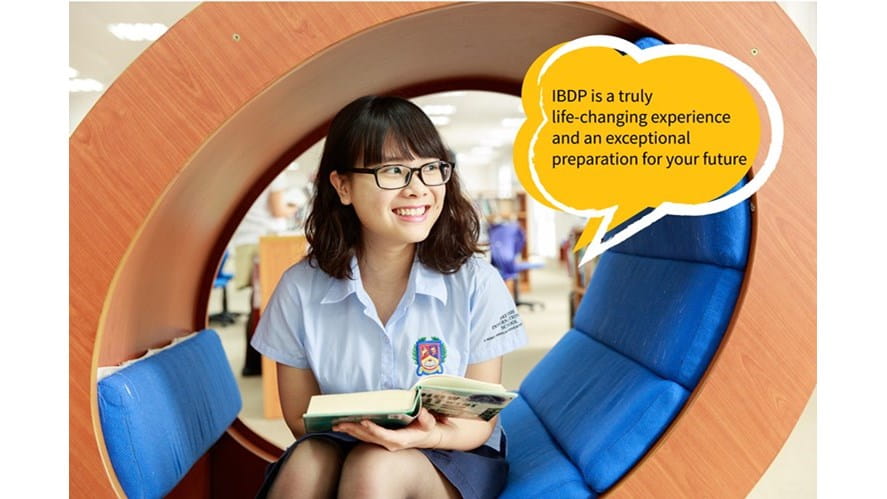
- Theory of Knowledge (TOK): Whether it is the presentation or the essay, just remember to hit the TOK buzzwords (the names of the AOKs and WOKs) and draw thinkers’ perspectives into your argument. Here are some thinkers/philosophers whose work could be used in answering almost every knowledge questions, do research and use them to show ‘awareness of the implications of different perspectives’: Plato’s Allegory of the Cave; Arendt’s work on Totalitarianism and Banality of Evil; Richard Feynman’s ‘Relation of Science and Religion’; Howard Gardner’s ‘Theory of multiple intelligences’; and Francis Bacon’s ‘The Four Idols’.
In conclusion, I would like to wish you all my best for your endeavours to IBDP which is a truly life-changing experience and a great asset for the future!
Hanh Tien Ngoc Nguyen
BIS Hanoi Class of 2018 Alumna
London School of Economics

